Daily, companies accumulate a large amount of information about their corporate, SMB, or individual customers via their CRM, ERP, TMS, eCommerce sites, and more globally, on a whole ecosystem made up of business partners and authorities upstream and downstream of their activities. This information accumulates in multiple databases and is exploited, at a minimum, by business applications or to calculate key performance indicators via business intelligence tools. For example, let's look at a logistician to understand how to leverage information and value interactions and transactions.
A logistician intervenes all along the value chain, with manufacturers, assemblers, 'brand.com', distributors, retailers, and, finally, consignees that are either companies or individuals. Thus, a logistician accumulates a large amount of information along the value chain that is not widely used, such as the customers of the company's customers, the products delivered, and the associated volumes and frequencies. Properly exploited and correlated with external data, this information's value and use are invaluable assets for improving operational efficiency, customer experience, and expanding revenue.
This logistician can go even further and develop their business by moving to a hybrid approach that adds a platform business model to their current linear business model. With this approach, the logistician will facilitate interactions across their business's stakeholders, connect their customers, reach their customers' customers or suppliers' suppliers, and foster network effects with quality interactions. To illustrate, this means applying the principles of Facebook, Uber, or other platforms to logistics. The network effect has connected us socially as communities and friendship circles; now, we need to connect with peers in the business world. Beyond humans, the platforms will federate all the company's touchpoints such as an IoT automat or a smart contract (blockchain) that will react to events based on rules.
Hybrid companies will beat out traditional companies that remain 100% linear. In a sector such as logistics, which is not very concentrated, some significant start-ups emerge. However, traditional players who will combine physical and digital assets associated with a hybrid business model will be the big winners.
The platform business is relevant in many situations and industries. And what about you?

